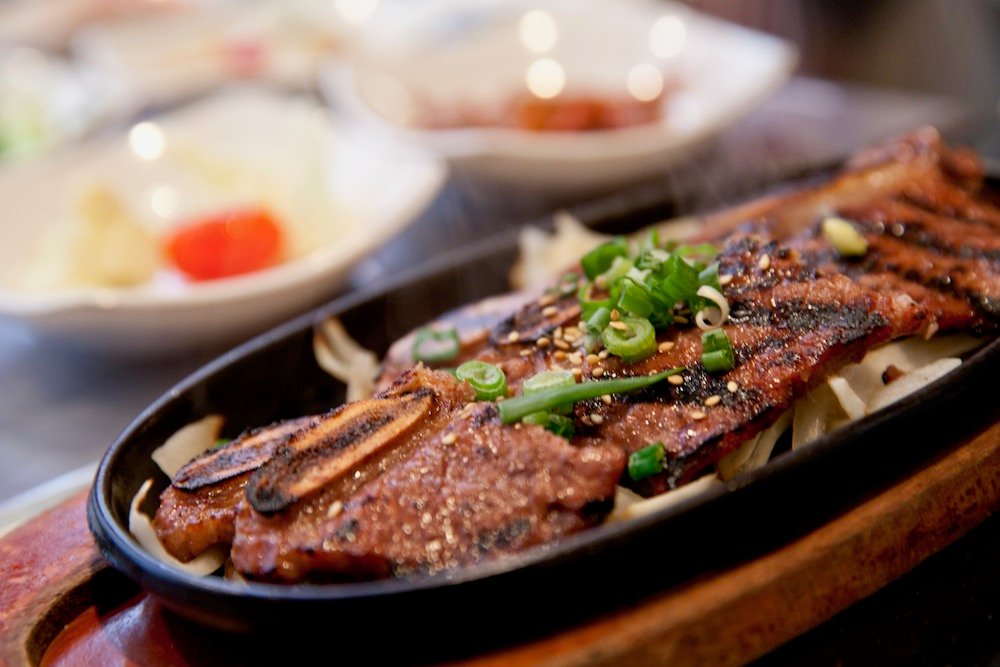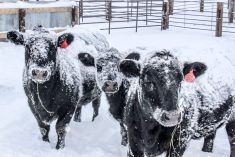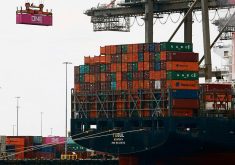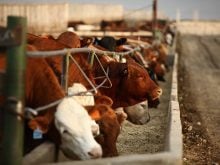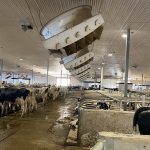Reuters — South Korea is lifting its temporary suspension of Canadian beef imports that it imposed after Canada detected a case of bovine spongiform encephalopathy (BSE) in December, federal Agriculture Minister Marie-Claude Bibeau said Wednesday.
South Korea halted the shipments after Canada last month reported its first BSE case in six years. China and the Philippines followed with their own suspensions.
Bibeau announced South Korea’s reversal on social media, calling it “great news for our cattle sector.”
Read Also

U.S. grains: Chicago corn, soy prices recover on updated biofuel guidance
Chicago | Reuters – Chicago grain and soybean futures regained ground on Tuesday as a selloff in commodity markets subsided…
The Canadian Cattlemen’s Association, in a separate tweet, said it “appreciates all of the work done to have the temporary export suspension to South Korea lifted as soon as it was.”
BSE is a fatal disease of the nervous system in cattle.
Canada, the eighth largest beef and veal exporter, reported the BSE case in December in an 8-1/2-year-old beef cow in the province of Alberta.
Canada’s latest case is atypical — meaning it is a form of BSE that can occur naturally in older cattle — as opposed to classical BSE, caused by an animal eating contaminated feed.
— Rod Nickel is a Reuters correspondent covering the ag and energy sectors from Winnipeg.

